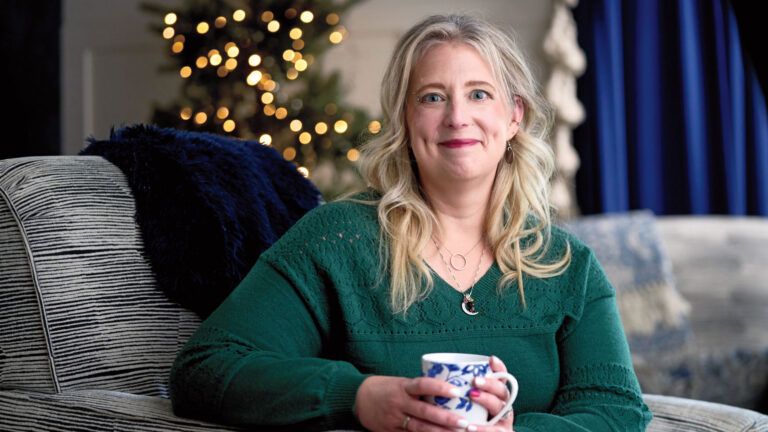Kenneth Doka, an author, professor and bereavement expert, coined the term “disenfranchised grief” in 1989 to describe grief that is neither acknowledged nor accepted by conventional social standards, but is mourning nonetheless.
By naming disenfranchised grief—and shining light on the legitimacy of mourning losses that might otherwise sound “less than” the death of a close loved one—Doka’s work highlights a pathway toward a life of authentic positivity. When we use the vocabulary of grief to describe a spectrum of painful experiences, we give ourselves permission to feel our full range of emotions—and the context we need to cope in a healthy way.
“Grief is a reaction to a loss, not just a reaction to a death,” Doka told NPR.
Here are just some examples of losses that are as real as any other, but might be brushed off, diminished or outright dismissed as outside the bounds of “normal” grief:
–The loss of privacy during a commute to work for now-remote workers
–The loss of favorite foods—like those containing gluten, sugar or dairy—following a medical diagnosis
–Changes or losses in mobility or physical stamina
–The loss of a sense of purpose following retirement
–The loss of friends who snowbird or otherwise leave your daily orbit
—Lost relationships due to estrangement
–The micro-losses of friendships and routines that follow being widowed
–The loss of a treasured possession
–The loss of the “post-pandemic” mindset you might have held before the Delta variant of COVID-19 emerged
When we use the terminology of grief and mourning to share our feelings about these types of losses, we give ourselves space to cope with them as we would with any loss. This includes expecting to have less energy at times, to feel irritable or angry, to feel numb or emotionally distant or weepy and hyper-sensitive.
It also includes expecting the acuteness of those feelings to soften with time as we incorporate the losses into the newly-normalized aftermath of loss. Acknowledging disenfranchised grief might also empower us to seek counsel from a therapist, support group or religious community over feelings we might otherwise have brushed off.
We can also cope with disenfranchised grief by creating a ritual, not fully akin to a funeral, but in service of the same purpose of making space to explicitly mourn the loss. Writing a letter (that you may or may not send) to a friend or loved one, boxing up and giving away items that no longer serve your life, planting a tree or garden that will remind you of something you have lost—these are only some of the myriad ways you can ritualize disenfranchised grief and gently help yourself through the hardest moments of loss.
Do you recognize disenfranchised grief in your life? How do you cope?






